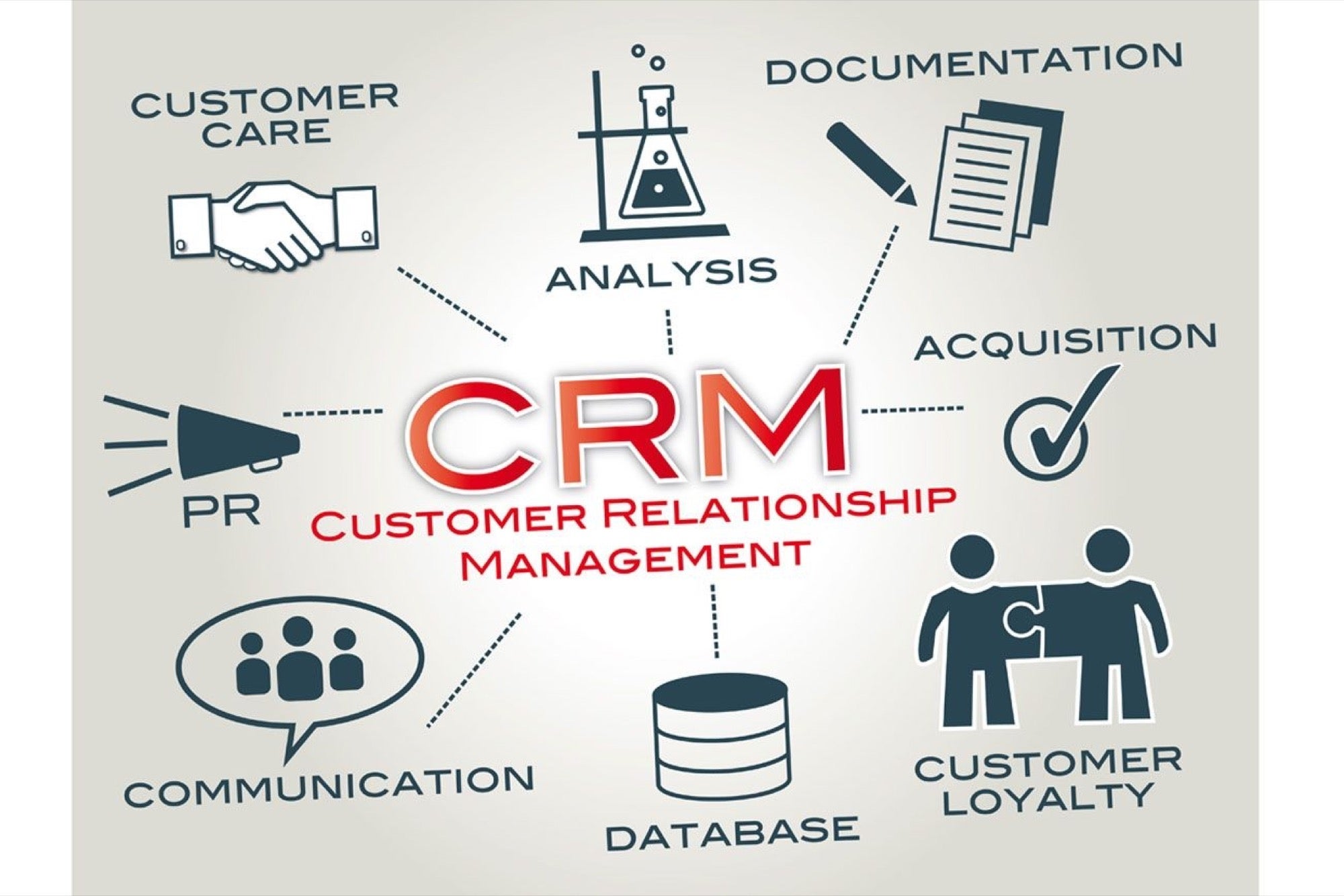23/08/2022
Customer Relationship Management

Customer relationship management (CRM) is the combination of practices, strategies and technologies that companies use to manage and analyze customer interactions and data throughout the customer lifecycle. The goal is to improve customer service relationships and assist in customer retention and drive sales growth. CRM systems compile customer data across different channels, or points of contact, between the customer and the company, which could include the company's website, telephone, live chat, direct mail, marketing materials and social networks. CRM systems can also give customer-facing staff members detailed information on customers' personal information, purchase history, buying preferences and concerns.
Why CRM benefits businesses
The use of CRM systems can benefit organizations ranging from small busines
ses to large corporations, through:
- Having customer information such as past purchases and interaction history easily accessible can help customer support representatives provide better and faster customer service.
- Collection of and access to customer data can help businesses identify trends and insights about their customers through reporting and visualization features.
- Automation of menial, but necessary, sales funnel and customer support tasks.
Components of CRM
At the most basic level, CRM software consolidates customer information and documents it into a single CRM database so business users can more easily access and manage it.Over time, many additional functions have been added to CRM systems to make them more useful. Some of these functions include recording various customer interactions over email, phone, social media or other channels; depending on system capabilities, automating various workflow automation processes, such as tasks, calendars and alerts; and giving managers the ability to track performance and productivity based on information logged within the system.
- Marketing automation. CRM tools with marketing automation capabilities can automate repetitive tasks to enhance marketing efforts at different points in the lifecycle for lead generation. For example, as sales prospects come into the system, it might automatically send email marketing content, with the goal of turning a sales lead into a full-fledged customer.
- Sales force automation. Sales force automation tools track customer interactions and automate certain business functions of the sales cycle that are necessary to follow leads, obtain new customers and build customer loyalty.
- Contact center automation. Designed to reduce tedious aspects of a contact center agent's job, contact center automation might include prerecorded audio that assists in customer problem-solving and information dissemination. Various software tools that integrate with the agent's desktop tools can handle customer requests in order to cut down on the length of calls and to simplify customer service processes. Automated contact center tools, such as chatbots, can improve customer user experiences.
- Geolocation technology, or location-based services. Some CRM systems include technology that can create geographic marketing campaigns based on customers' physical locations, sometimes integrating with popular location-based GPS (global positioning system) apps. Geolocation technology can also be used as a networking or contact management tool in order to find sales prospects based on a location.
CRM tools specifically for social media platforms help companies foster customer relationships and monitor customer sentiments around their brands.
- Workflow automation. CRM systems help businesses optimize processes by streamlining mundane workloads, enabling employees to focus on creative and more high-level tasks.
- Lead management. Sales leads can be tracked through CRM, enabling sales teams to input, track and analyze data for leads in one place.
- Human resource management (HRM). CRM systems help track employee information, such as contact information, performance reviews and benefits within a company. This enables the HR department to more effectively manage the internal workforce.
- Analytics. Analytics in CRM help create better customer satisfaction rates by analyzing user data and helping create targeted marketing campaigns.
- Artificial intelligence. AI technologies, such as Salesforce Einstein, have been built into CRM Platforms to automate repetitive tasks, identify customer-buying patterns to predict future customer behaviors and more.
- Project management. Some CRM systems include features to help users keep track of client project details such as objectives, strategic alignment, processes, risk management and progress.
- Integration with other software. Many CRM systems can integrate with other software, such as call center and enterprise resource planning (ERP) systems.